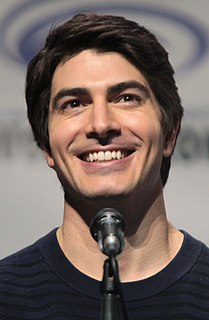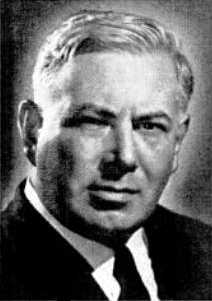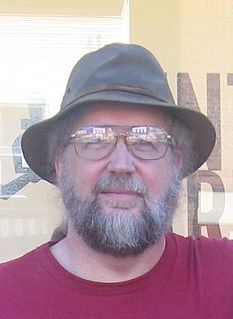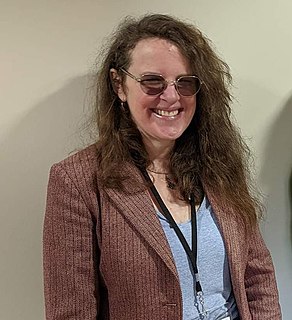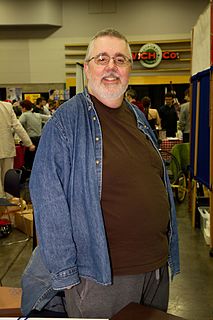A Quote by Alejandro Jodorowsky
All the pictures I could never do, I'll do it in comics. All the comics I do are the pictures I could never do.
Related Quotes
I never feel there's anything I can't do with comics. There are certain things in comics that you can't do in any other medium: for instance, in Mister Wonderful, Marshall's narration overlaps the events as they're going on. That would be difficult in film; you could blot speech out with a voiceover, but it wouldn't have the same effect. That's always of interest, to see what new things you can do in comics form.
There are a lot of good comics, no doubt, but as far as the quality of the comics goes, I think what you have is a bunch of situational comics - there are black comics that work only black crowds, gay comics that do only gay crowds, and southern comics that only work down South, and so on with Asian, Latino, Indian, midgets, etc. The previous generation's comics were better because they had to make everybody laugh.
Pictures! Pictures! Pictures! Often, before I learned, did I wonder whence came the multitudes of pictures that thronged my dreams; for they were pictures the like of which I had never seen in real wake-a-day life. They tormented my childhood, making of my dreams a procession of nightmares and a little later convincing me that I was different from my kind, a creature unnatural and accursed.
I quit comics because I got completely sick of it. I was drawing comics all the time and didn't have the time or energy to do anything else. That got to me in the end. I never made enough money from comics to be able to take a break and do something else. Now I just can't stand comics. . . . I wish my work would be recognized by a larger crowd of people as more art than be stuck with the cartoonist label for the rest of my life.
When I realized that people actually wrote comics, that it was a job people could do, I thought, 'Gee, these things are only 17 pages long! I could probably finish one of those and find out whether I suck before I've spent five years of my life on it.' In stumbling into comics that way, I discovered that I loved the form.
In Marvel Comics, the worst thing was always that your loved ones could be attacked, or you could be horribly beaten in a knock-down, drag-out fight, but in the Superman comics, you would be run out of town with people throwing rotten vegetables at you and waving a sign that said, 'Superman, Who Needs You?'
More and more, I tried to make comics in the way I like to read comics, and I found that when I read comics that are really densely packed with text, it may be rewarding when I finally do sit down and read it, but it never is going to be the first I'm going to read, and I never am fully excited to just sit down and read that comic.



